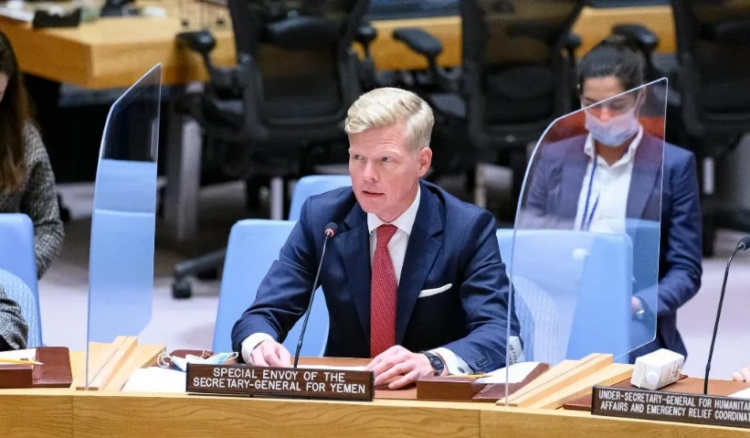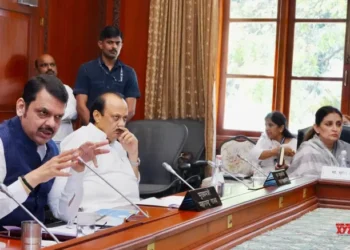UN Special Envoy for Yemen, Hans Grundberg, has called for dialogue and compromises between the Yemeni government and the Houthis to achieve long-lasting peace.
In a statement marking the first anniversary of the signing of a ceasefire agreement between Yemen’s warring parties, Grundberg said on Sunday that the UN-mediated ceasefire that started in April 2022 was generally observed even after its expiration in October 2022.
Hailing the truce as “a moment of hope”, the envoy added that its “most significant promise is its potential to jumpstart an inclusive political process aimed at comprehensively and sustainably ending the conflict”.
“There are still significant risks,” he cautioned, adding a surge in military, economic, and rhetorical escalation in recent weeks has highlighted the frailty of the ceasefire’s achievements when they are not backed by political advancements towards a peaceful settlement of the conflict.
He also underscored the necessity “to protect the gains of the truce and to build on them towards more humanitarian relief, a nationwide ceasefire, and a sustainable political settlement that meets the aspirations of Yemeni women and men”.
“At this critical time, any new temporary or partial arrangement needs to include a clear commitment from the parties that ensures it is a step on the course of a peaceful solution that is reached through the consensus of Yemenis in an inclusive political process,” said the envoy.
A UN-brokered humanitarian truce that went into effect in April last year provided a glimmer of hope for a peaceful resolution to Yemen’s conflict by substantially reducing violence across the country, Xinhua news agency reported.
However, sporadic armed confrontations have resumed in many parts of the country after the expiration of the truce in October last year.
The recent Houthi attacks against government troops in Marib and other regions have further shattered hopes for a lasting peace pact.
Yemen has been embroiled in a devastating civil war since 2014, with the Houthis fighting against the internationally-recognised government and its allies, which include a Saudi Arabia-led coalition.
The years-long war brought the Arab world’s poorest country to the brink of collapse, causing famine and widespread suffering as well as disrupting the country’s food supply chain, leaving millions of people without access to adequate nutrition.






















